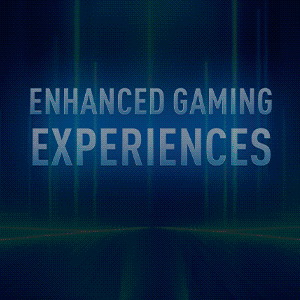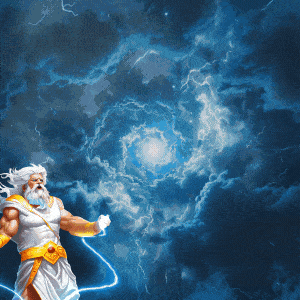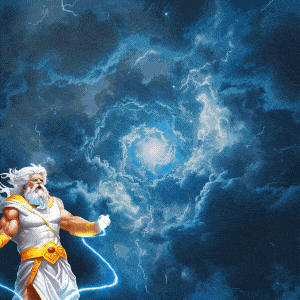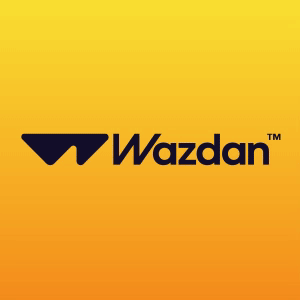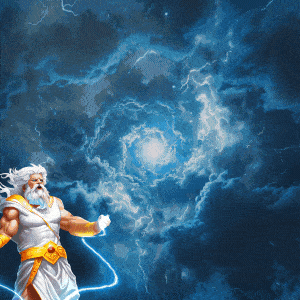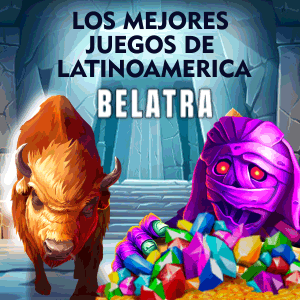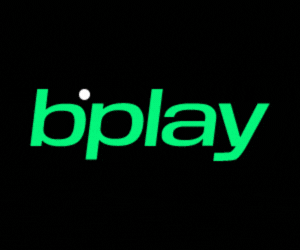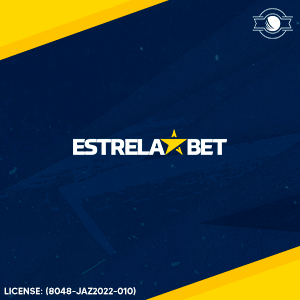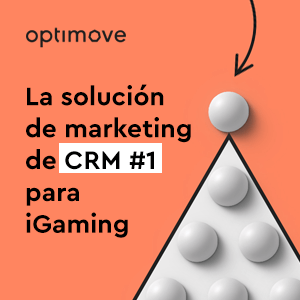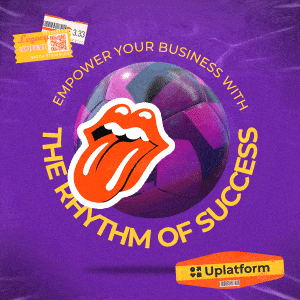Zona de Azar USA – The Possibilities and Challenges of a League of Legends Mobile Game

USA.- June 12th 2019 www.zonadeazar.com In gaming’s earlier days, handheld ports were seen as the norm, and largely uneventful. But with the advent of constant updates and endless payment possibilities, a PC developer going mobile is a fairly reliable option for unlocking new revenue. According to a Reuters report, Riot Games has been readying for this shift with a mobile version of League of Legends (LoL). If and when released, this could be a watershed title for mobile esports in the West.
The Esports Observer has been able to independently corroborate Reuters’ sources that a mobile game has been in development over the last year. But with no further information or official comment from Riot, little can be said about the product itself. That said, the implications of the world’s top PC game going to your phone are tangible and worth exploring.
Above all is the opportunity for Riot Games—which despite its pluralized name, only has the one game—to boost its overall number of LoL players, which the publisher has publicly stated are down from its peak. Tencent Holdings (the parent company of Riot) will also use this game to rectify its 2% year-on-year decline in game revenue—as per its Q1 2019 report—to finally establish the definitive mobile title in the multiplayer online battle arena (MOBA) genre.
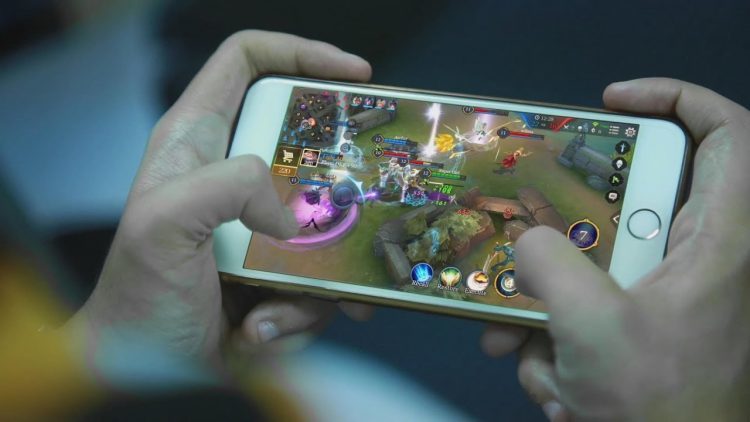
This has been the challenge for the Chinese tech giant over the last half-decade. According to Reuters and other publications, like The Information, tension has existed between Tencent and Riot over the former’s desire to create a League of Legends (LoL) smartphone spin-off, which was rejected by the latter. Instead, Tencent Games and its in-house Timi Studio Group created Wangzhe Rongyao (commonly referred to by its rough English translation, Honor of Kings). Even by MOBA genre conventions, this game is largely identical to LoL, merely missing the PC originator’s characters, lore, and monsters.
Almost entirely through a Chinese player base, Honor of Kings (HoK) became one of the highest grossing mobile games of all time; in 2017 it boasted 55 million users, and was bringing in $145M a month in revenue. HoK’s esports scene also dwarfs anything seen in the West. The King Pro League (KPL) boasts a two-conference city system, multiple stadium finals per year, and a spin-off league featuring teams from South Korea and Chinese regions outside of the Chinese Mainland.
But even HoK has been subject to downturns, with a 34% year-on-year drop in monthly active gamers to 169 million, according to analyst Liao Xuhua. This is largely due to restrictions on playtime introduced in China, and slowing interest in MOBA games next to the rise of mobile titles in the Battle Royale genre.
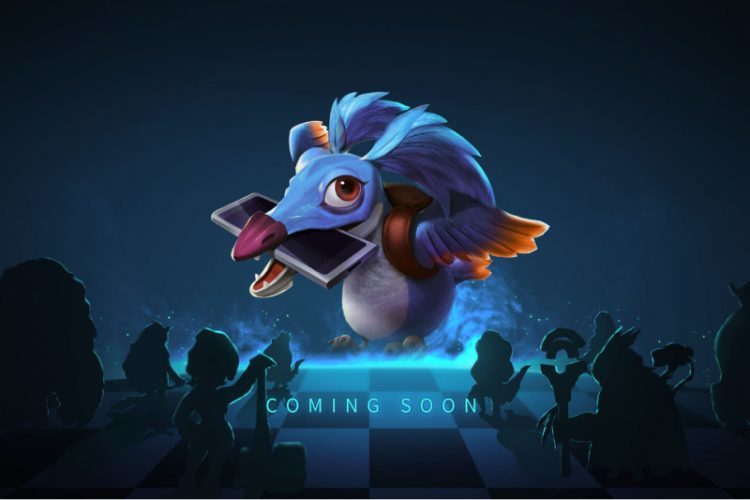
Tencent attempted to expand internationally with an overseas reskin titled Arena of Valor (AoV), which stripped away the Chinese mythology for characters inspired by Western folklore, and some DC superhero guests. Despite injecting over $4M USD in prize money alone, and featuring the game at the Asian Games 2018 esports demonstration event, AoV’s revenues in the Western gaming market have labeled the game a flop. A report from Sensor Tower published in August 2018 indicated that the game had generated $3M in the U.S. in its lifetime—that’s less than what HoK could bring in a single day, domestically.
“In the west, we haven’t truly seen a mobile MOBA scale a player base along the lines of what Honor of Kings has built in Asia,” said Patrick Carney, CEO of the mobile-centric esports team organization Tribe Gaming. “Will the LoL license be enough to break through? No, in the end, the game has to be stellar and have enough depth to support a promising future.”
“However, if they can release an amazing game alongside a powerful LoL IP, we could see a massively successful release on a similar level to what PUBG Mobile accomplished. Still, there’s the overhanging question: is it even possible to build a Supercell-sized player base for a western mobile MOBA?”
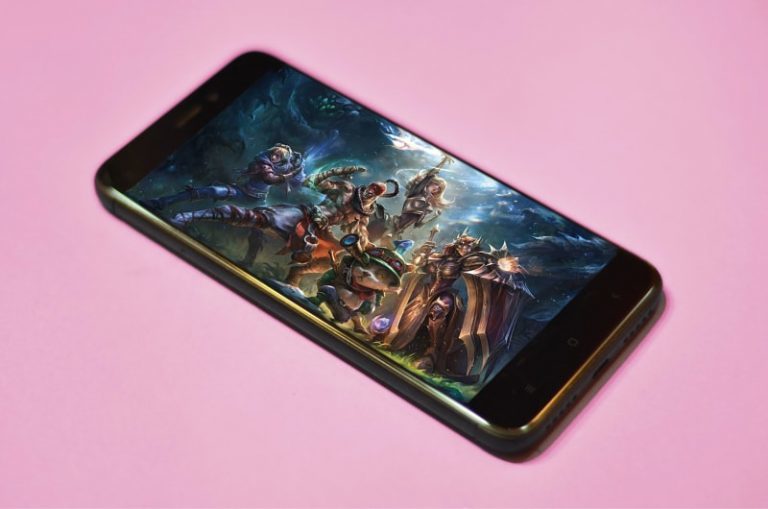
Thanks to a partnership with Sea (parent company of game publishing platform Garena) AoV had some success in SEA countries such as Malaysia, the Philippines, and Singapore. But in those markets, Tencent still had to battle with Moonton’s Mobile Legends: Bang Bang, another LoL “inspired” mobile title. This fight was not restricted only to the marketplace, but also the courtroom, with Tencent eventually winning a 19.4 YUAN ($2.89M USD) copyright lawsuit.
Tencent has evidently been able to resolve its conflict with Riot and finally get a LoL mobile game going, but its lateness poses a major challenge. It has to introduce a new MOBA title in a saturated genre—one that is gradually losing the spotlight to viral game hits like Fortnite Database-Link-e1521645463907, PUBG Mobile, and to follow, a Call of Duty mobile game. Ironically, all of these are Tencent products or come from developers largely owned by the holdings company.
Riot is also just one of several developers trying to transition a desktop IP to phone. Blizzard Entertainment felt the scorn of its fanbase when it unveiled Diablo: Immortal as the showstopper at Blizzcon 2018. Making a 22-year old PC franchise portable was always going to be hard sell, and not helped when a spokesperson responded to a fan inquiry about a future PC sequel with “do you guys not have phones?”
Valve is also throwing up a new contender with its own standalone version of Dota Auto Chess, a strategy board game built upon its existing PC MOBA Dota 2. Even though Valve’s title is unlikely to be on mobile, an entirely separate Auto Chess (created by the mod’s original developer Drodo Studio) is already out on beta for iOS and Android.
When it comes to mobile games, the quality of the product matters only half as much as the marketing. While the League of Legends IP gives a certain advantage to Riot/Tencent, it could also have something HoK never had: cross-promotion with the PC client. Akshat Rathee, MD for NODWIN Gaming, explained in an episode of the TEO Podcast that mobile ports for PC games can simultaneously serve as a marketing tool, outreach tool, and onboarding platform. “A perfect trifecta of customer acquisition,” as he put it.
The assumption is that a mobile port will cannibalize a PC game’s user base, but if done right, it could potentially enhance the desktop experience. For example, Valve assisted Drodo Studio in migrating the PC user data of Dota Auto Chess to the handheld version. While a mobile League of Legends is unlikely to match the complexity of the PC original, the two titles could share costumes, emotes, and even characters across accounts. There’s also the possibility of introducing items that are exclusively purchased in the mobile version, but usable on both.
From a pure esports point of view, it’s most likely that Riot/Tencent would run entirely separate competitive circuits for PC and mobile, much like PUBG Corp. currently does for PLAYERUNKNOWN’S BATTLEGROUNDS. While it appears that Tencent is slowly phasing out Arena of Valor, its Chinese progenitor Honor of Kings has such a foothold that its more likely Tencent will push both titles simultaneously. Since LoL Mobile is, as far as we know, an entirely Riot-produced title, it may well have a playstyle, design, and even monetization options entirely removed from any other MOBA on the market.
Removed from context, the League of Legends mobile game is just the latest effort to build a meaningful handheld IP in the western market. But the attachment of a ten-year-old franchise, and background in the Tencent-Riot tension makes this probably the best effort yet to remove Clash Royale’s crown in the region…though for Tencent (which counts Supercell as another wholly-owned property), it’s just another brick in the ever-expanding smartphone silk road.
Edited by: Zona de Azar Press www.zonadeazar.com











